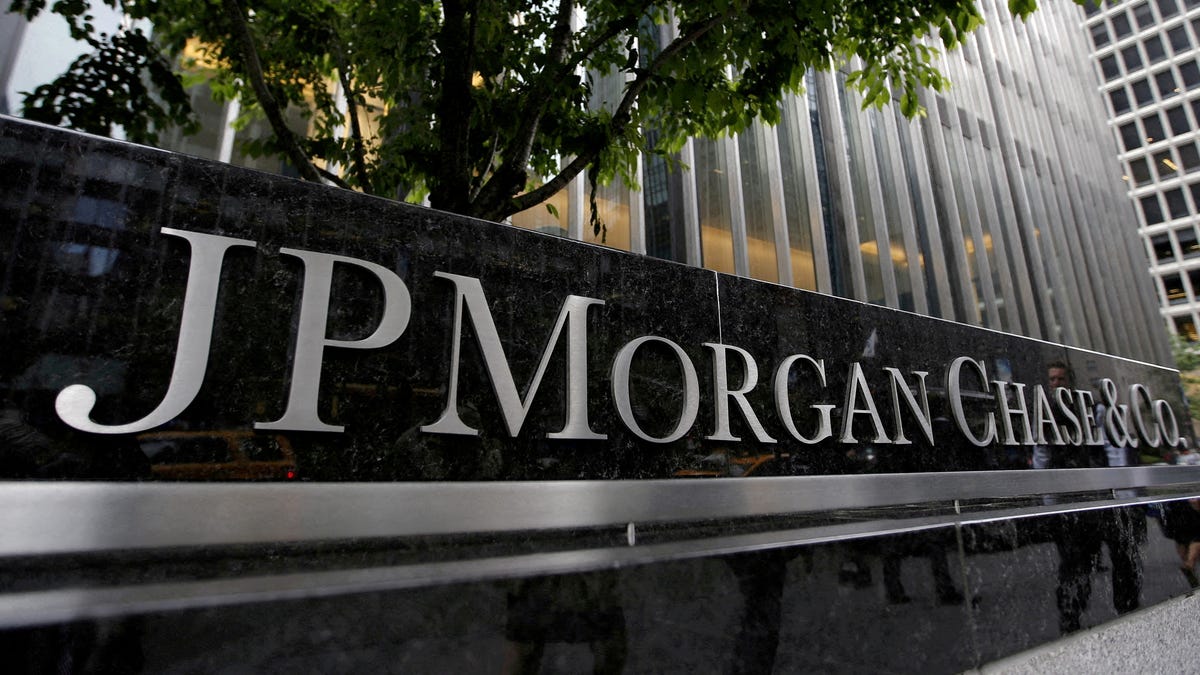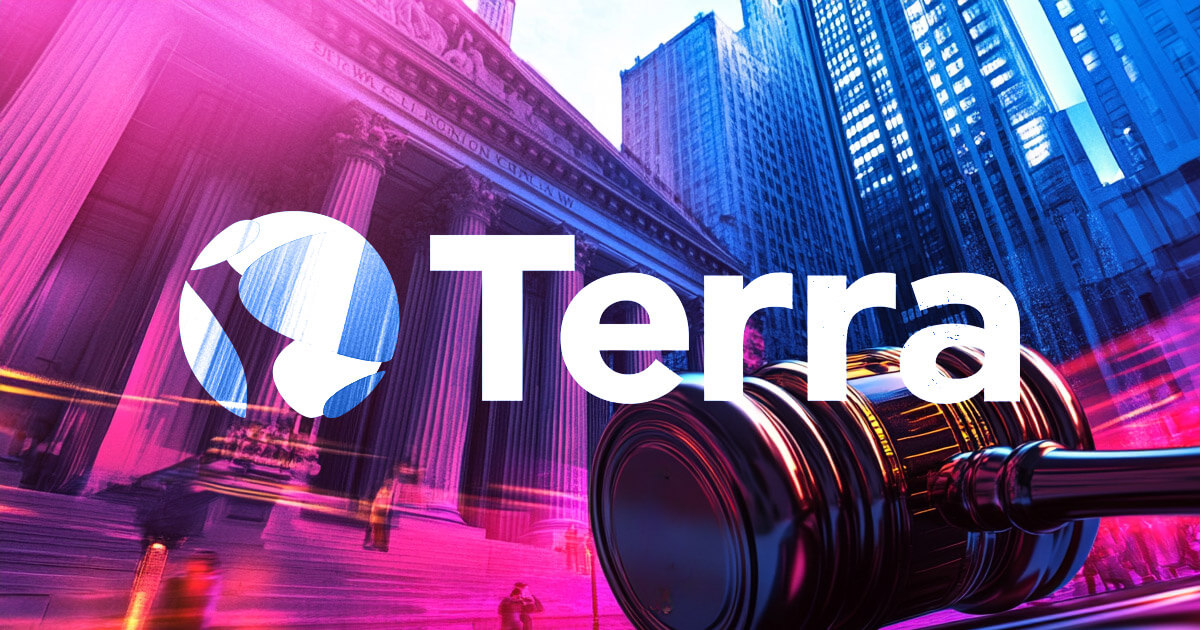The stablecoin bill is likely to be approved before the presidential election and poses a threat to Tether’s dominance, according to JPMorgan, as reported by CoinDesk. Moreover, the Federal Reserve is now less likely to issue a central bank digital currency after a House bill last month banned the central bank from doing so, per the report.
In light of the current state of crypto regulations in the U.S., JPMorgan shared its report on what is likely to happen in the near future. Analyst Nikolaos Panigirtzoglou and his team have reported that new regulatory measures seem to oppose the Federal Reserve’s development of a central bank digital currency (CBDC), per CoinDesk.
According to the investment bank, regulators may favor U.S.-compliant stablecoins, potentially reducing the dominance of non-compliant stablecoins, such as Tether— the biggest stablecoin, as reported by CoinDesk. Notably, stablecoins – the type of cryptocurrencies pegged to assets or fiat currencies – have faced scrutiny from regulators over their functionality.
The analysts said the stablecoin bill, named “Clarity for Payment Stablecoins Act,” has the potential to be passed before the 2024 presidential election. Moreover, the bank stated that U.S. banks would be discouraged from involvement in cryptocurrencies, per the report. JP Morgan did not immediately respond to a Quartz request for comment on the reported analysis.
Last month, the House of Representatives passed the Financial Innovation and Technology for the 21st Century Act (FIT21), which now has to be approved by the Senate and by the president. It is unlikely to happen before the election, according to the bank.
Credit: Source link















































